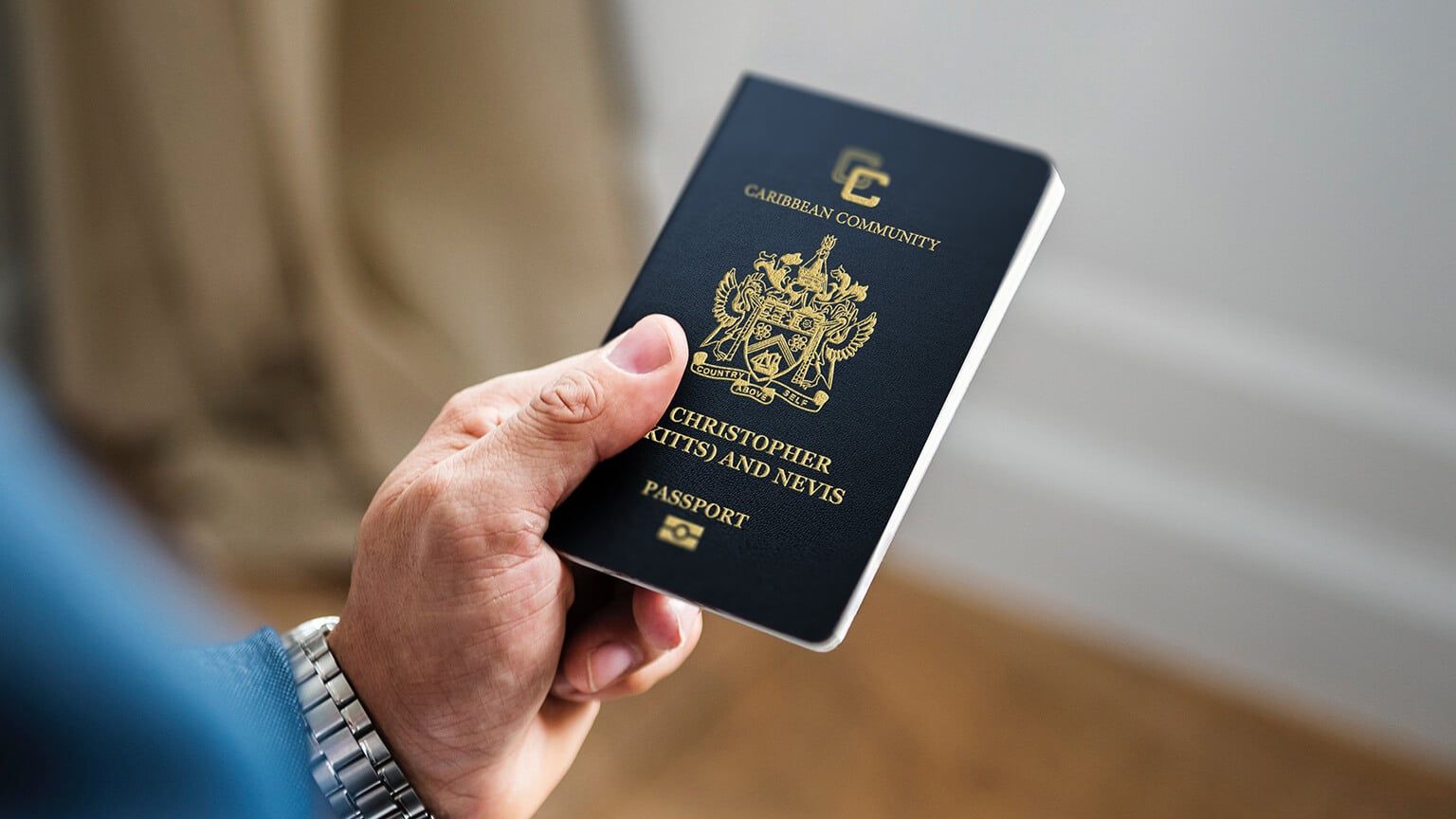In December 2022, the head of the Citizenship by Investment Unit (CIU), Michael Martin, announced the introduction of an updated Citizenship Act, which included a Limited Time Offer (LTO) specifically for obtaining citizenship. The LTO was effective from January 1, 2023, to June 30, 2023.
On June 29, 2023, Michael Martin made the following statement regarding the LTO:
"We have received an overwhelming response and demand for our investment option in the Sustainable Growth Fund (SGF) and felt the need to extend these conditions for an additional seven months until January 31, 2024. International investors continue to recognize the value of the world's first and best citizenship-by-investment program, and this demonstrates our success."
Under the LTO, the minimum contributions to the SGF are set as follows:
• Single applicant: $125,000
• Main applicant and spouse: $150,000
• Main applicant and up to three dependents: $170,000
• Each additional dependent below 18 years old: $10,000
• Each additional dependent above 18 years old: $25,000
The funds from the SGF contribute to the country's economic and social development. They are used to support educational and medical institutions, as well as the development of infrastructure, tourism, preservation of local culture and heritage, and sustainable growth initiatives in this two-island nation.
This extension provides an excellent opportunity for investors to obtain citizenship at a special price. However, it is important to note that this is a final extension, and starting from February 1, 2024, the minimum contribution to the SGF will increase to the amounts applicable before the LTO period.







